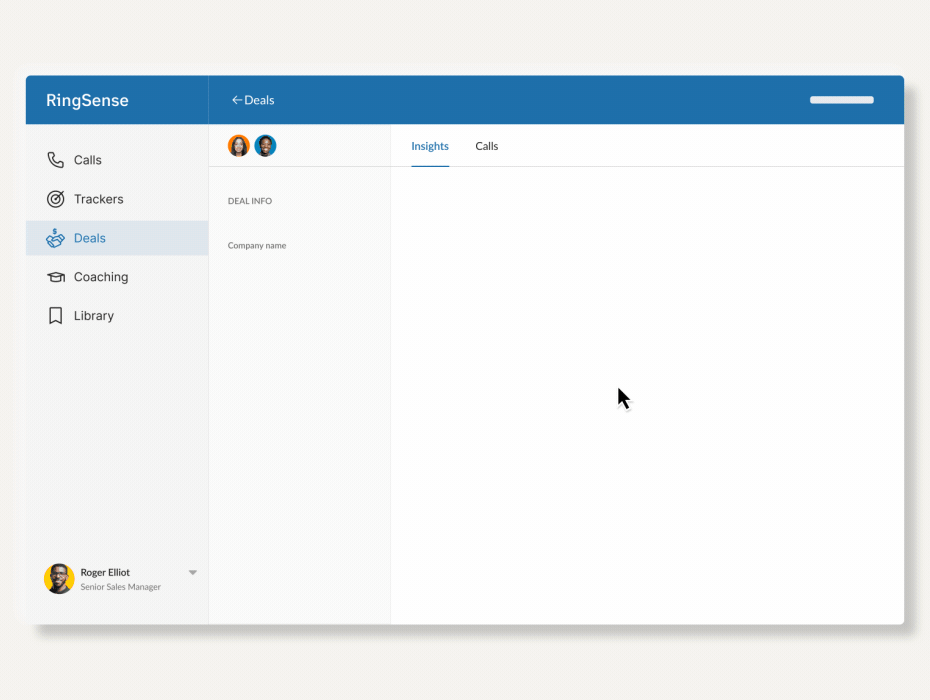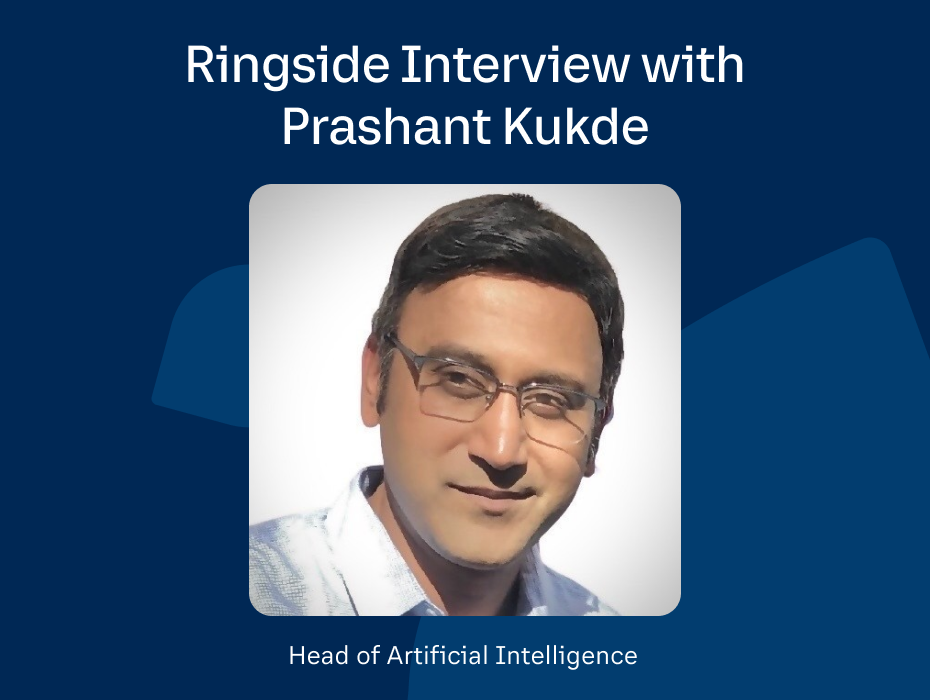The rapid advancement of AI technologies is transforming the way we work and collaborate. In recent months, the mainstream view of AI has evolved from that of a science fiction concept to one of a tangible and useful tool for everyday life as a result of the sudden emergence and widespread adoption of AI tools like ChatGPT, Bard, and DALL-E.
In light of this growth in workplace popularity and prominence, RingCentral collaborated with Ipsos, a multinational market research and consulting firm, to explore how knowledge workers feel about this swift evolution, to understand how AI is being used at work now, and to consider how AI might be used in the future.
The next frontier of productivity
RingCentral’s new report on AI’s impact on the future of work, released today, highlights several intriguing insights regarding AI’s role in the workplace and workers’ attitudes towards it. These insights were generated through a survey of 1,000 Americans aged 21 to 65 who are currently full-time workers, defined as working full-time, having two part-time jobs, or being self-employed full-time.
Key findings from the survey

Here are some of the interesting takeaways from the Ipsos survey:
- Virtual assistants for all by 2043: About 39% of decision-makers and 31% of full-time workers believe that everyone will have a virtual assistant within the next 20 years.
- AI today: 31% of workers believe AI and machine learning will become more important for their industry in 2023.
- Decision-makers are excited about AI: Over one-third of decision-makers think AI will make their jobs easier, possibly due to a clearer understanding of their company’s AI plans. In contrast, 41% of non-decision-makers are unsure about AI’s role in their workplace.
- AI’s impact on the workforce: Although one-third of respondents believe AI will replace many roles within the next two decades, 53% of younger workers are optimistic about AI’s positive impact on the workforce including through its increased support for existing roles alongside the creation of new ones.
- Bridging the understanding gap: There is a significant disparity between decision-makers and non-decision-makers in understanding AI’s importance with 44% of decision-makers acknowledging AI’s significance this year compared to 26% of non-decision-makers.
Embracing the AI transformation
Given the rapid evolution of AI, businesses need to adapt and embrace this technology to stay competitive. Here are five essential steps to help organizations successfully integrate AI into their operations:
- Education and training: Invest in educating employees about AI, its applications, and its potential impact on their roles. Proper training will empower employees to leverage AI effectively and address any misconceptions.
- Encourage collaboration and communication: Foster a culture of transparency that allows employees to participate in the AI-driven transformation journey. This approach will create an environment in which employees feel supported and involved in the decision-making process.
- Address concerns proactively: Engage with employees to address their concerns and apprehensions about AI’s role in the workplace. Open communication will help to foster a positive outlook on AI adoption and its potential benefits.
- Leverage AI for enhanced collaboration: Implement AI-powered tools to facilitate seamless communication, collaboration, and decision-making across teams. By using AI to streamline workflows and improve productivity, organizations can more effectively harness the technology’s potential.
- Promote innovation: Encourage a culture of innovation by providing employees with the resources and tools needed to experiment with AI-based solutions. This approach will help organizations stay at the forefront of technological advancements and capitalize on emerging opportunities.
The Impact of AI
AI is already revolutionizing various fields including collaboration, coaching, writing, coding, research, design, and more. As AI technology continues to develop, we can expect even more significant breakthroughs, such as:
- Shorter product development cycles: AI-powered design tools can streamline the product development process by quickly generating multiple design iterations, enabling businesses to bring new products to market faster.
- Personalized medical treatments: AI has the potential to revolutionize healthcare by enabling personalized medical treatment plans based on individual patient’s genetic and clinical data.
- Climate change solutions: AI can help identify patterns in climate data, allowing researchers to develop targeted strategies to mitigate the effects of climate change and promote sustainable practices.
- Enhanced customer service: AI-driven chatbots and virtual assistants can provide personalized, real-time support to customers, improving customer satisfaction and loyalty.
- Streamlined business processes: AI can help automate routine tasks and processes, freeing up employees’ time to focus on higher-value strategic work.
Businesses that adapt to and embrace AI-driven innovations will be better equipped to capitalize on the immense potential that AI offers in transforming the modern workplace.
Addressing challenges and driving innovation with AI
As organizations integrate AI into their operations, it’s essential to recognize potential challenges and work proactively to address them. Here are three key areas to consider:
- Ethical considerations: As AI becomes more prevalent in the workplace, businesses must ensure that they’re using AI ethically and responsibly. Establishing clear guidelines and principles for AI usage can help organizations avoid potential pitfalls and maintain public trust.
- Data privacy and security: AI systems often rely on vast amounts of data to function effectively. Organizations must prioritize data privacy and security, implementing robust policies and practices to protect sensitive information and ensure compliance with relevant regulations.
- Workforce transition: As AI continues to reshape the job market, organizations must support their employees through the transition, providing resources and opportunities for reskilling and up-skilling to prepare for AI-driven roles.
The Ipsos survey on AI, commissioned by RingCentral, provides valuable insights into workers’ attitudes and expectations surrounding AI in the workplace. As AI continues to shape the future of work, businesses must prioritize clear communication, collaboration, and education to ensure a smooth transition into this new era. By addressing concerns and knowledge gaps, fostering a culture of innovation, and navigating potential challenges, organizations can maximize the benefits of AI technology and stay ahead in an increasingly competitive landscape.
At the enterprise level, RingCentral has launched RingSense, a conversation intelligence platform powered by our latest AI innovations to make “sense” of recorded interactions between people, like video meetings or phone conversations. RingSense is one of the first initiatives in RingCentral’s broader plans to leverage AI in support of customer-focused solutions. We look forward to sharing more as we continue to integrate and innovate our AI technology.
Updated Mar 13, 2025












